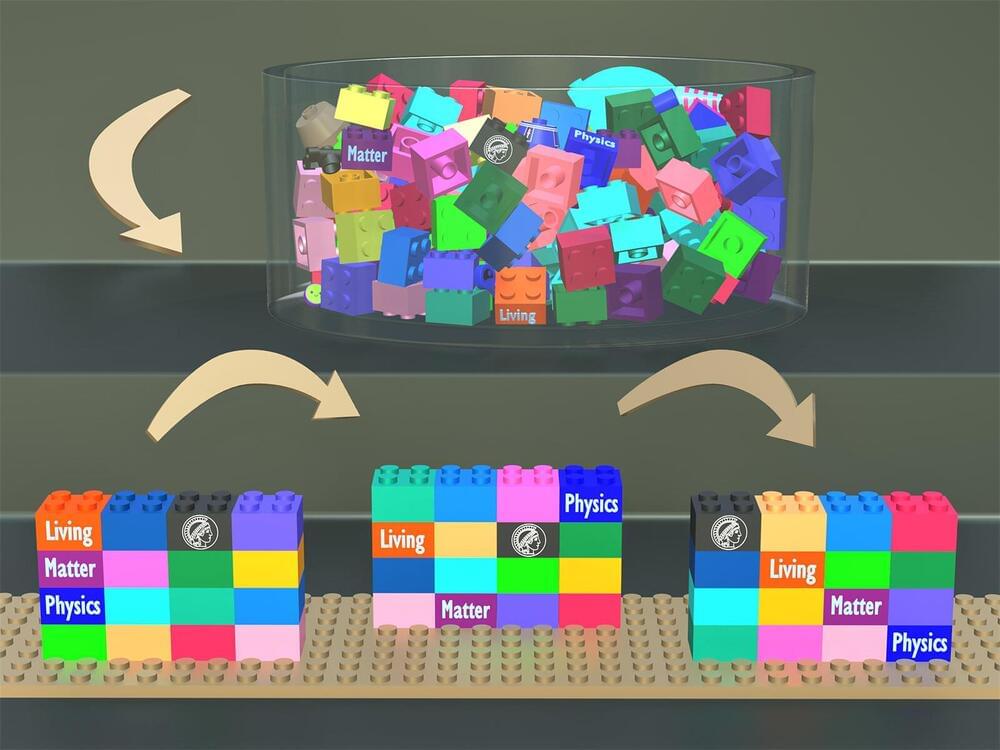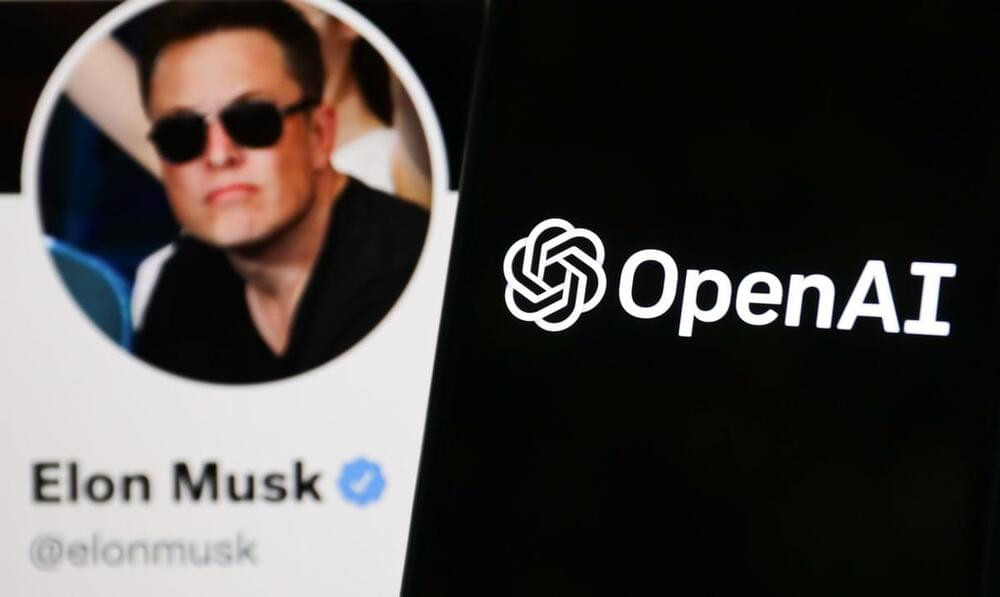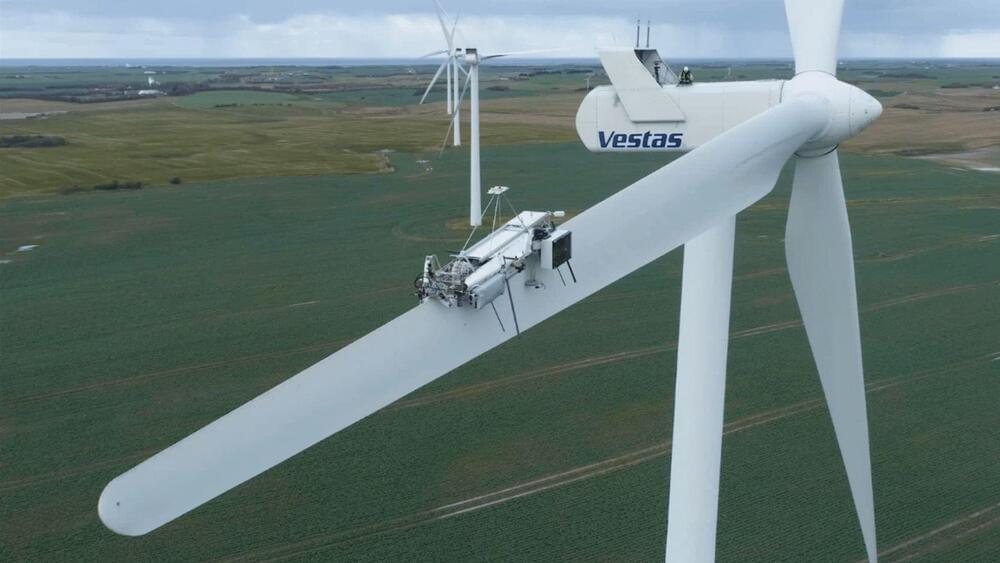Using a quantum processor, researchers made microwave photons uncharacteristically sticky. After coaxing them to clump together into bound states, they discovered that these photon clusters survived in a regime where they were expected to dissolve into their usual, solitary states. As the finding was first made on a quantum processor, it marks the growing role that these platforms are playing in studying quantum dynamics.
Photons — quantum packets of electromagnetic radiation like light or microwaves — usually don’t interact with one another. For example, two crossed flashlight beams pass through one another undisturbed. However, microwave photons can be made to interact in an array of superconducting qubits.
Researchers at Google Quantum AI describe how they engineered this unusual situation in “Formation of robust bound states of interacting photons,” which was published on December 7 in the journal Nature. They investigated a ring of 24 superconducting qubits that could host microwave photons. By applying quantum gates to pairs of neighboring qubits, photons could travel around by hopping between neighboring sites and interacting with nearby photons.







